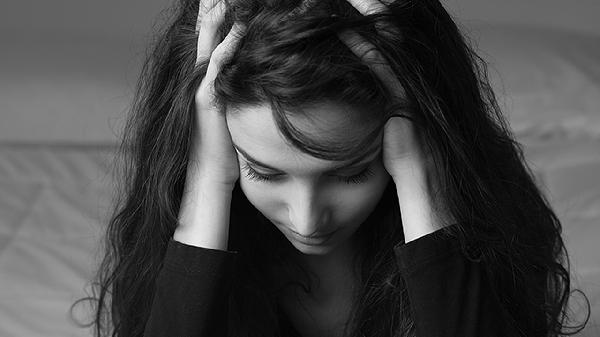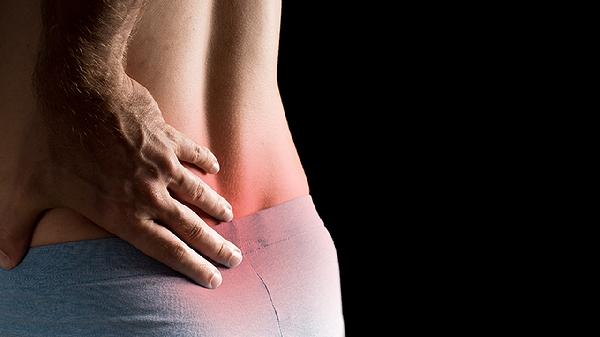Actually, anxiety is a normal emotion. As long as it's not excessive, it can foster curiosity, enhance creativity, and transform anxiety and stress into artistic creation or other social activities. However, excessive anxiety can easily trigger various issues, even leading to physical and mental illnesses.

What problems can excessive anxiety cause?
1. Overreaction
Excessive anxiety manifests as a persistent and hard-to-control mental state. People may feel anxious over trivial matters, causing their blood pressure to spike and heart rate to accelerate. Those with excessive anxiety are highly sensitive to emotional stimuli and can become overly agitated.
2. Triggering various illnesses
Persistent anxiety can damage the autonomic nervous system, reduce digestive tract motility, inhibit digestive juice secretion, and increase the risk of gastrointestinal diseases. Additionally, excessive anxiety can cause symptoms like general weakness and fatigue, often presenting as body aches, difficulty concentrating, heightened sensitivity, and slowed movements.
3. Excessive self-focus or lack of self-esteem
Excessive anxiety can lead to narcissism, where individuals become self-centered and lack the energy to care for others. Some may also experience intense feelings of inferiority due to a lack of self-esteem and personal traits, leading to a vicious cycle of being mocked by others.
4. Poor sleep quality
Poor sleep is a direct and obvious consequence of excessive anxiety, characterized by difficulty falling asleep, frequent nighttime awakenings, general weakness, and constant nightmares. In severe cases, it can lead to insomnia due to overwhelming anxiety.
What to do about excessive anxiety?
1. Seek encouragement from others
Choose activities that interest you and take action. Start with the simplest tasks to avoid damaging your confidence and motivation. Try to help others understand your emotional struggles.
2. Don’t neglect your body
Anxious individuals may resort to overeating to alleviate anxiety. During this time, maintain a balanced diet, pay attention to your physical condition, and engage in moderate exercise, which can help relieve stress and release anxiety. Additionally, thoroughly assess your situation to better understand your condition and take appropriate measures. If anxiety is severe, consider seeking support from those around you, such as therapy or the rational use of medication.
Friendly reminder
Learn to reduce your stress, promptly release negative emotions, and ease anxious feelings. Regularly plan activities like hiking or traveling with friends to embrace nature. Don’t focus too much on gains and losses; face everything with composure.
























